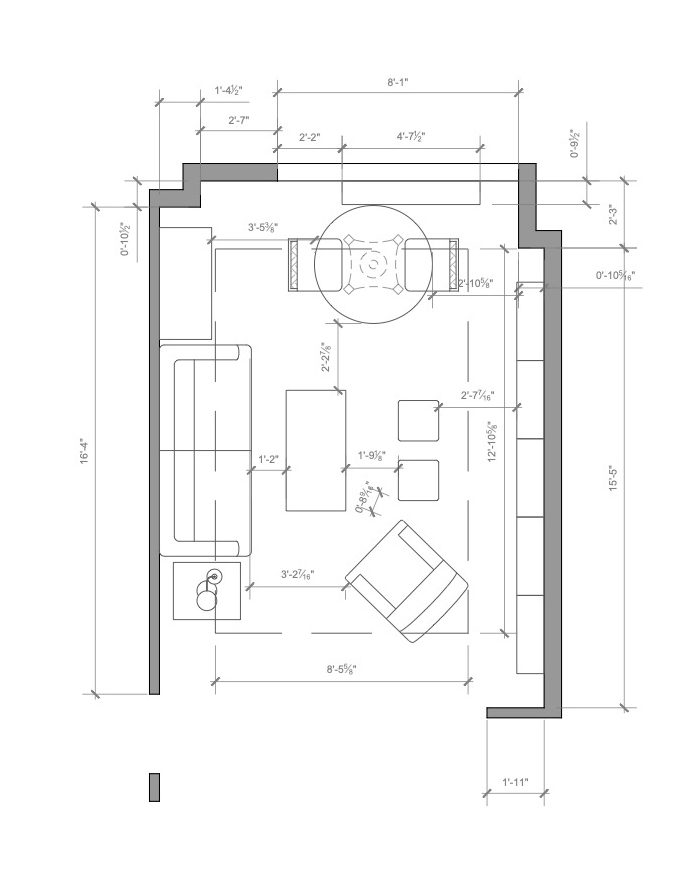why do doctors measure blood pressure? and why is it important? 5000 words
why do doctors measure blood pressure? and why is it important? 5000 words ? Doctors measure blood pressure to determine the force with which the heart pumps blood through the arteries.

Doctors measure blood pressure to determine the force with which the heart pumps blood through the arteries.
Blood pressure is a key indicator of cardiovascular function and can help identify any health problems, such as hypertension (high blood pressure) or hypotension (low blood pressure).
Blood pressure is measured using a device called a sphygmomanometer, which consists of a manual pump to inflate a cuff that is placed around the patient's arm and a stethoscope to listen to the sounds of the arteries.
The doctor or nurse uses the pump to inflate the cuff until the sound of blood flowing through the arteries (known as the "Korotkoff sound") is heard. The maximum pressure (systolic) is the blood pressure when the heart contracts and pumps blood, while the minimum pressure (diastolic) is the blood pressure when the heart relaxes between beats.
Normal blood pressure is 120/80 mmHg (millimeters of mercury). However, normal values can vary slightly from person to person and can also change over time. Hypertension occurs when blood pressure is consistently above 140/90 mmHg, while hypotension occurs when blood pressure is consistently below 90/60 mmHg.
Hypertension is an important risk factor for many heart and kidney diseases, as well as stroke and diabetes. High blood pressure can damage the walls of the arteries and increase the risk of blood clots, which can cause heart attacks and strokes. Hypotension, on the other hand, can cause dizziness, weakness, and fainting.
Measuring blood pressure regularly is important because it can help identify hypertension or hypotension problems in an early stage, before they cause significant damage to the body. Additionally, blood pressure is an important indicator of overall health and can help monitor the effect of lifestyle and treatment on blood pressure.
To maintain healthy blood pressure, it is important to follow a healthy lifestyle that includes regular exercise, a healthy diet, maintaining a healthy weight, not smoking, limiting alcohol consumption, and managing stress. Medications may also be prescribed to help control blood pressure if lifestyle changes alone are not enough.
















